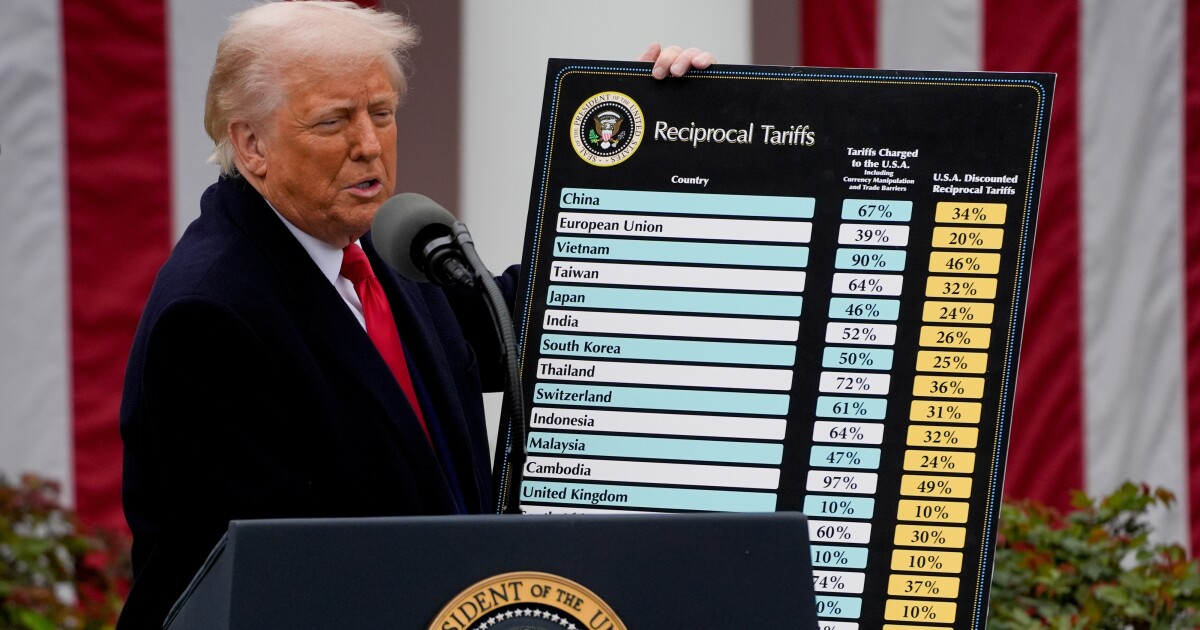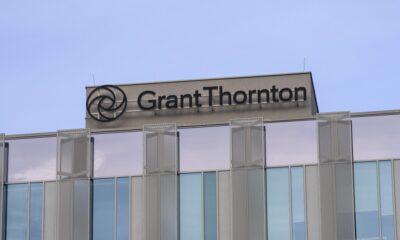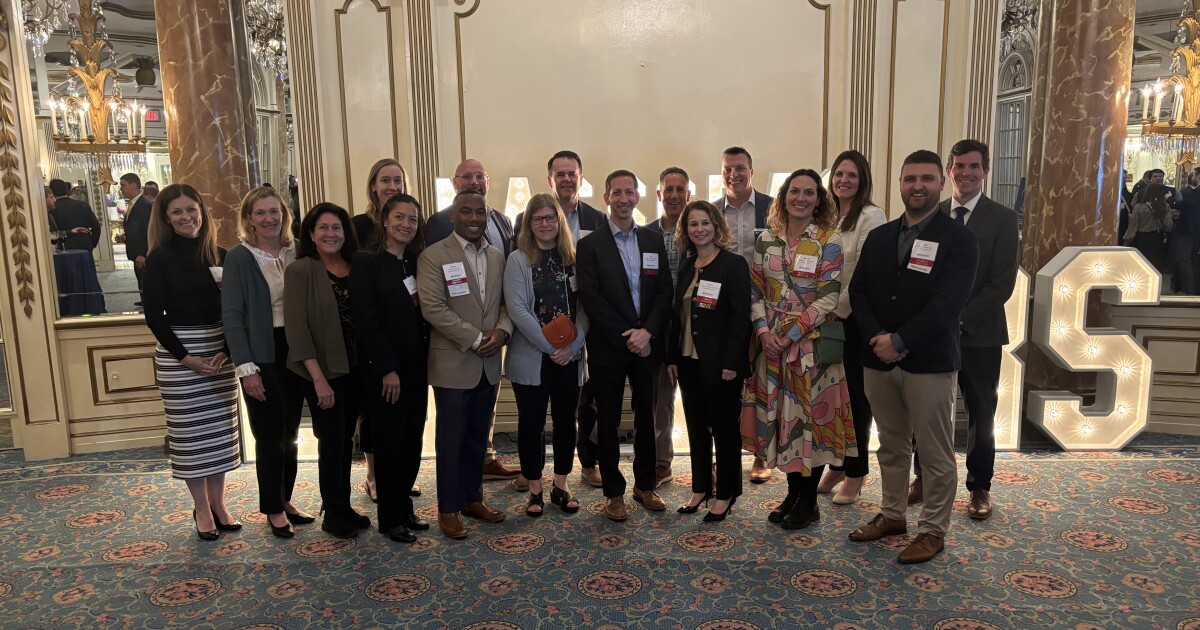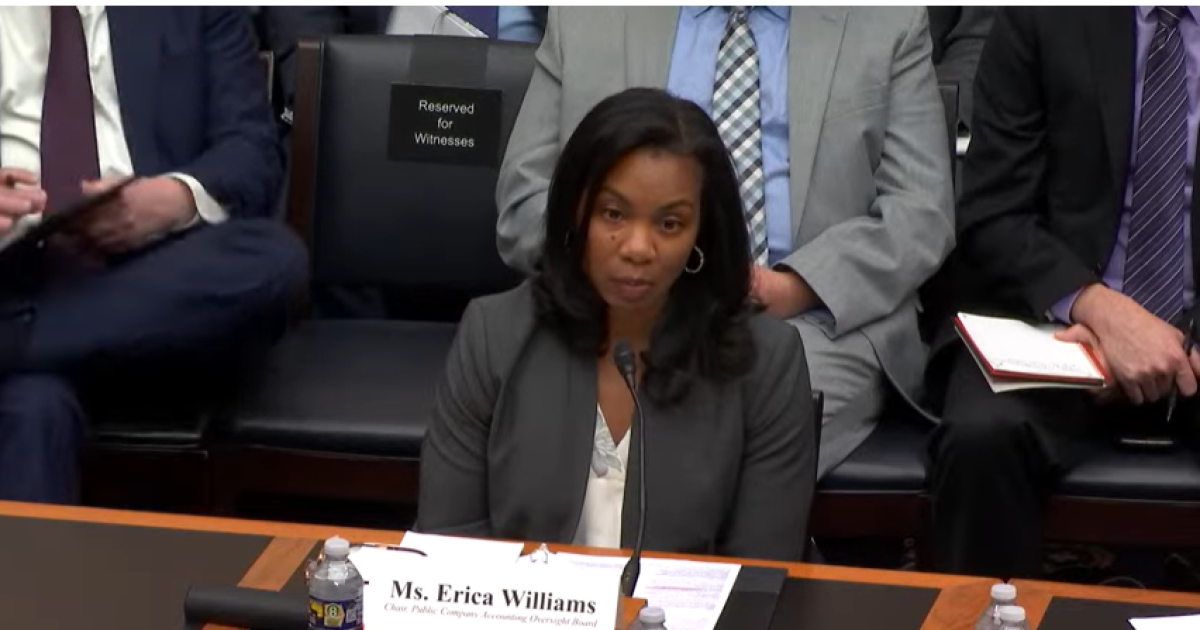The far-reaching tax legislation that passed early Thursday morning in the House included a provision that would transfer the responsibilities of the Public Company Accounting Oversight Board to the Securities and Exchange Commission, effectively eliminating the PCAOB.
The House Financial Services Committee passed a bill at the end of April that would transition the PCAOB’s responsibilities to the SEC within one year of enactment, and it was included as part of the overall tax package, which is now headed to the Senate.
PCAOB chair Erica Williams has been speaking out against the proposal in recent weeks since the bill emerged unexpectedly in the House committee in late April only days before it passed. On Thursday, he reiterated her objections during a meeting of the PCAOB’s Standards and Emerging Issues Advisory Group.
“Like many of you, I am deeply troubled by legislation being considered in Congress to eliminate the PCAOB as we know it,” she said. “This policy idea is not new. It has been around for decades, since the PCAOB was first created in response to Enron, WorldCom and the other accounting scandals of the early 2000s that left devastation in their wake. In the more than 20 years since, the PCAOB, led by its expert staff, has made invaluable contributions to the safety and security of U.S. capital markets. Investors are better protected because of the PCAOB. Audit quality has improved because of the PCAOB.”
Williams pointed out that she used to work for the SEC and is familiar with the agency. “The SEC was my professional home for 11 years,” she said. “I have deep admiration and respect for the incredible professional staff there. They are excellent at what they do. It is different from what we do here at the PCAOB. The unique experience and expertise built up by the PCAOB over decades cannot simply be cut and pasted without significant risk to investors at a time when markets are already volatile.”
She noted that the PCAOB has specific agreements with other audit regulators in countries around the world. “Getting an inspections program off the ground alone would take years,” she said. “It would require hiring hundreds of experienced inspectors and renegotiating agreements around the world, including in China, wasting time and money all while creating significant risk of fraud slipping through the cracks while no one is looking. Not to mention the disruption to enforcement around the world and potential loss of unmatched expertise built by [PCAOB chief auditor Barbara Vanich] and her team at a time when firms are relying on their support to implement new standards.I have said this before, and I will say it again any chance I get: every member of the PCAOB team plays a critical role in executing our mission of protecting investors on U.S. markets. And they are irreplaceable.”
SEC chairman Paul Atkins said at a conference this week that the SEC would be able to take over the tasks over the PCAOB, but would need the extra funding and staff provided under the bill.
“Congress outsourced those tasks to the PCAOB, and it’s up to Congress to decide where they should be housed,” he told reporters, according to Thomson Reuters. “And if they were decided to be merged into the SEC, I think we could handle it and be able to have enough people in the funding to accomplish it because, at least the way the bill is structured, they have thought about that.”
The SEC might also need to bring over staff from the PCAOB with the necessary experience. Atkins said under the bill “we could get the people who are at the PCAOB and be able to consolidate.”
However, a group of former PCAOB officials doubts the SEC could quickly take up those responsibilities and wrote a letter to the House committee, saying, “We are skeptical that the SEC could replicate the PCAOB’s expertise and infrastructure with similar positive results.”
The American Institute of CPAs has been watching the developments closely in recent months and AICPA president and CEO Mark Koziel said late last month, “We stand ready to assist policymakers as they consider potential changes to the regulatory infrastructure overseeing public company auditing.”
The AICPA had set auditing standards for public companies until the passage of the Sarbanes-Oxley Act of 2002 created the PCAOB in 2003 and still sets many assurance and attestation standards for private companies. The PCAOB has been working to update many of the older auditing standards it inherited from the AICPA, and former SEC chair Gary Gensler had encouraged the PCAOB and Williams to accelerate those efforts.


 Personal Finance1 week ago
Personal Finance1 week ago
 Economics1 week ago
Economics1 week ago
 Economics7 days ago
Economics7 days ago
 Economics1 week ago
Economics1 week ago
 Economics1 week ago
Economics1 week ago
 Blog Post6 days ago
Blog Post6 days ago
 Economics7 days ago
Economics7 days ago
 Accounting7 days ago
Accounting7 days ago












